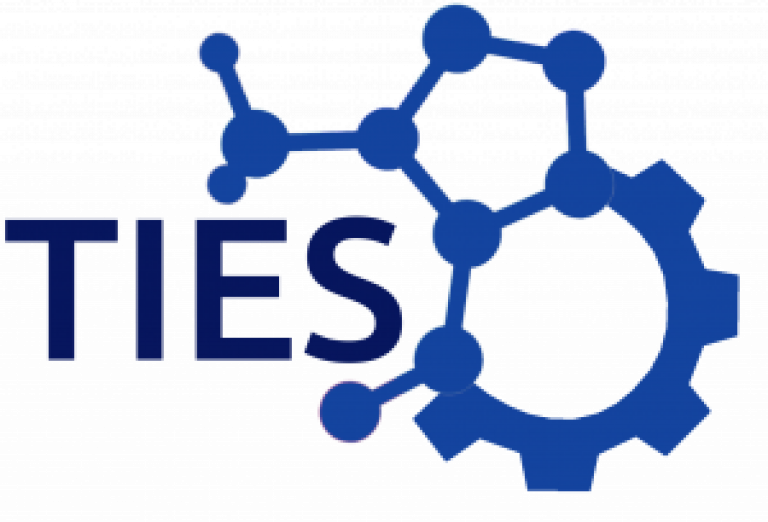Open release of the TIES protocol
16 September 2021
We are pleased to announce the first open release of the TIES (Thermodynamic Integration with Enhanced Sampling) protocol, used for the rapid, accurate and reliable calculation of protein-ligand relative binding affinities.

We are pleased to announce the first open release of the TIES (Thermodynamic Integration with Enhanced Sampling) protocol, used for the rapid, accurate and reliable calculation of protein-ligand relative binding affinities.
TIES is a formally exact alchemical approach in computational chemistry [1] that employs ensemble simulations to capture and control the inevitable aleatoric and/or parametric uncertainties in such binding affinity calculations that makes it unique [2]. Now, for the first time, TIES is being released for open use. The calculation of binding affinities is of central importance to the fields of computational drug design and personalized medicine. Moreover, the rapid, accurate and reliable prediction of binding affinities is critical to the efficacy of applying these computation methods in a clinical setting [3].
Typically these calculations can be labour intensive and require significant expertise to set up. With this new software release the set up and execution of these calculations has been streamlined from end to end, with the aim of lowering the barriers to entry. The TIES pipeline offers tools for both system building (TIES20) and the execution of these calculations (TIES MD) on high performance computers.
TIES 20 [4] implements a flexible topology superimposition algorithm to match drugs and build inputs for relative binding affinity calculations. All this functionality is provided via an online web service. TIES MD is an open source Python based program which can use input from TIES 20 to run massive ensembles of concurrent calculations on GPU and CPU based high performance computers, returning predictions for binding affinities in a matter of only a few hours.
TIES is free to use and sign up for if you have an academic email address. If you’d like to use TIES and you don’t currently have an academic email, please drop us an email on contact@ccs-ties.org. Non-academics currently need to be activated manually.
You can access TIES on the official website: https://www.ties-service.org/
TIES references
[1] Bhati, A.P., Wan, S., Wright, D.W. and Coveney, P.V., 2017. Rapid, accurate, precise, and reliable relative free energy prediction using ensemble based thermodynamic integration. Journal of chemical theory and computation, 13(1), pp.210-222.
[2] Bhati A.P., Wan S., Hu Y., Sherborne B. and Coveney P.V., 2018. Uncertainty Quantification in Alchemical Free Energy Methods. Journal of Chemical Theory and Computation, 14 (6), pp.2867–2880.
[3] Wan, S., Bhati, A.P., Zasada, S.J. and Coveney, P.V., 2020. Rapid, accurate, precise and reproducible ligand–protein binding free energy prediction. Interface Focus, 10(6), p.20200007.
[4] Bieniek, M.K., Bhati, A.P., Wan, S. and Coveney, P.V., 2021. TIES 20: Relative Binding Free Energy with a Flexible Superimposition Algorithm and Partial Ring Morphing. Journal of chemical theory and computation, 17(2), pp.1250-1265.
 Close
Close

